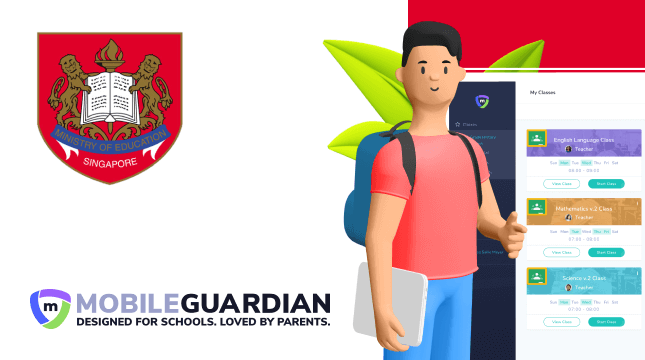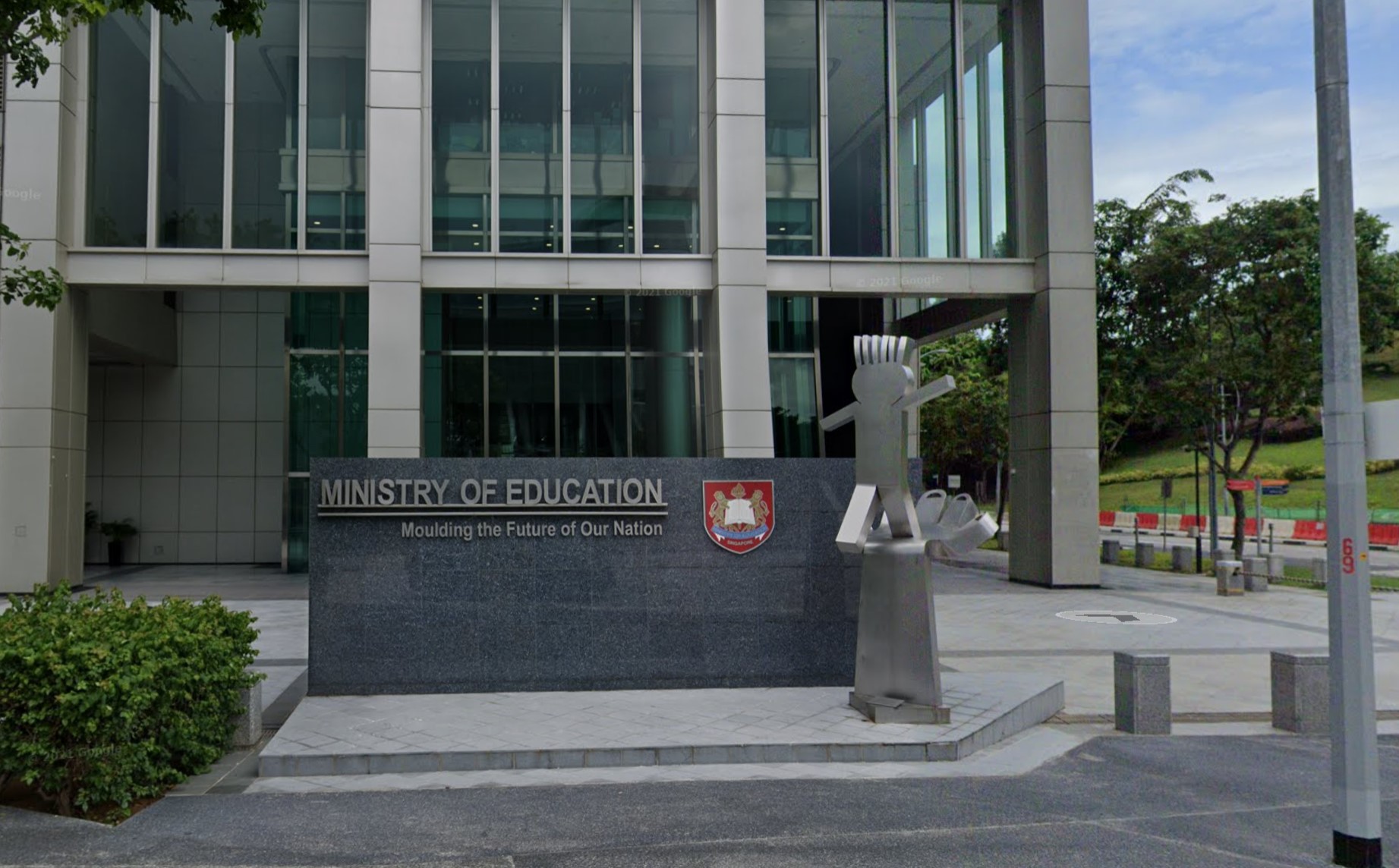As a student, it’s hard to come up with a nightmare scenario quite like losing all your notes just two months before the O-Levels.
Unfortunately, this is what a hack on the Mobile Guardian app caused, with thousands of students across Singapore having their notes wiped out on their devices.
But there’s quite a lot of news going on about this situation, so some people might be confused. Don’t worry, with this article, you’ll get a good summary of what really happened.
If you prefer to watch a four-minute summary (in Singlish) instead, here you go:
Still here? Okay, read on.
What is Mobile Guardian?
Before we can get into the situation, we’ll have to explain the hardware first.
Since 2022, students in Singapore have been using tablets and laptops to aid in their studies, which are called “Personal Learning Devices” (PLD).
There are limitations on what you can do with it.

But how can the school limit your device access? This comes down to Device Management Applications (DMA), and here is where Mobile Guardian comes in.
If you read the name “Mobile Guardian”, you might think it’s one of those awful mobile games you see advertised by YouTubers who need any sponsor money they can get.
That’s not what they are. Mobile Guardian is a company which provides DMA on these MOE learning devices, specifically for iPads and Chromebooks, allowing both schools and parents to manage device use.

Previous Mobile Guardian Incidents
It might surprise you to learn that the recent cybersecurity catastrophe was not the first time Mobile Guardian encountered issues in Singapore.
On 17 April this year, the Ministry of Education (MOE) was notified by Mobile Guardian that someone had managed to access their user management portal.
This meant the individual also had access to the names and email addresses of staff and parents at 122 secondary schools, plus five primary schools, where Mobile Guardian was used in the PLDs.
MOE stated that Mobile Guardian had “implemented further security measures” to resolve the issue.
A problem at the end of July also caused technical issues with connections to the Internet, but Mobile Guardian concluded that the incident was due to a “human error in configuration.”
This incident occurred close to the bigger incident in August, leading to some confusion, but they’re separate issues.
The 4 August Hacking Incident
And that brings us to the night of 4 August. Students opened up their devices to study, including for the Secondary Four Prelims, only to find they could not access their stored info.
One user on Reddit described their experience as suddenly having their Notability app crash on their PLD. The app would crash the moment the user tried to open it again. To their horror, their apps began to disappear from the PLD, including the Mobile Guardian app itself.
The OP claimed to recognise it as a Mobile Guardian issue as apps downloaded from the App Store remained unaffected by the issue.

As it turns out, they were right. Mobile Guardian found that they had been hacked, with customers in multiple countries affected.
In Singapore, this came in the form of 13,000 students in 26 secondary schools who had their devices remotely wiped.
On 5 August, MOE announced that the Mobile Guardian DMA would be removed from all iPads and Chromebooks.
“Efforts are underway to safely restore these devices to normal usage.”
Mobile Guardian themselves have halted all services to prevent further issues caused by the hacker or hackers.
They also claimed that the incident only affected iPads and not any Chromebook users, though some reports of affected Chromebooks could be found online.
Many students were anxious and frustrated as they had lost either a portion or all of their notes and were unable to study or refer to them.
That is not to mention the poor Sec Four students who lost their study notes for their O-Levels, the equivalent of doomsday.
MOE Targets Full Restoration of Devices by 16 August
The Straits Times reported that MOE was working with schools to restore all affected devices, with the aim of fixing all the issues by 16 August.
Priority is given to O- and N-Level students.
They also reported that the affected students were working together to make the best out of a bad situation. Students with access to their notes put them up on shared Google drives and helped each other with their revisions.
Although most devices could be restored through backups in the cloud, MOE also stated that a “small fraction” of devices had info stored locally and the information on those was permanently lost.
MOE added that they would provide “hardcopy resources” to these unlucky students and encourage their classmates to share their own notes with them.

Some students mentioned that the data restoration might not restore all their data either, since the schools were restoring from cloud backups.
With any luck, this device disaster won’t disrupt their exam revisions too much.
The situation also brought up the topic of overreliance on technology. The immediate incident that comes to mind is CrowdStrike’s update disaster which forced a chunk of the world to screech to a halt or move at a crawl in a flood of Blue Screens of Death.
Obviously, storing notes on your tablet comes with advantages. There’s ease of access and organisation, versus 100 pages of messy scribbled notes on paper.
Even so, the pen and paper notetakers got to heave a sigh of relief in this whole mess.
Of course, physical notes can be destroyed by factors outside your control too, but not as easily as a hacker clearing house in a few hours.
If anything, the real moral of the story is more of not trusting the system to run as smoothly as advertised.
Before the Mobile Guardian hack on 4 August, it already had fierce critics among Singapore’s students, with Reddit posts accusing them of security malpractices and frequent outages.
So take precautions like frequent backups, on different clouds if you want to be extra safe.




